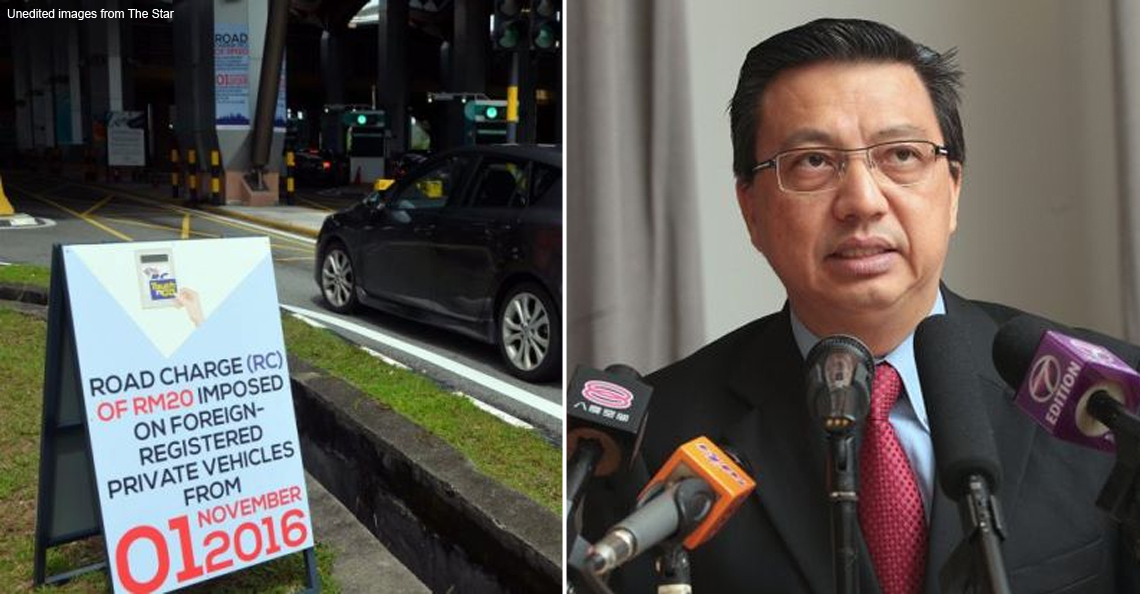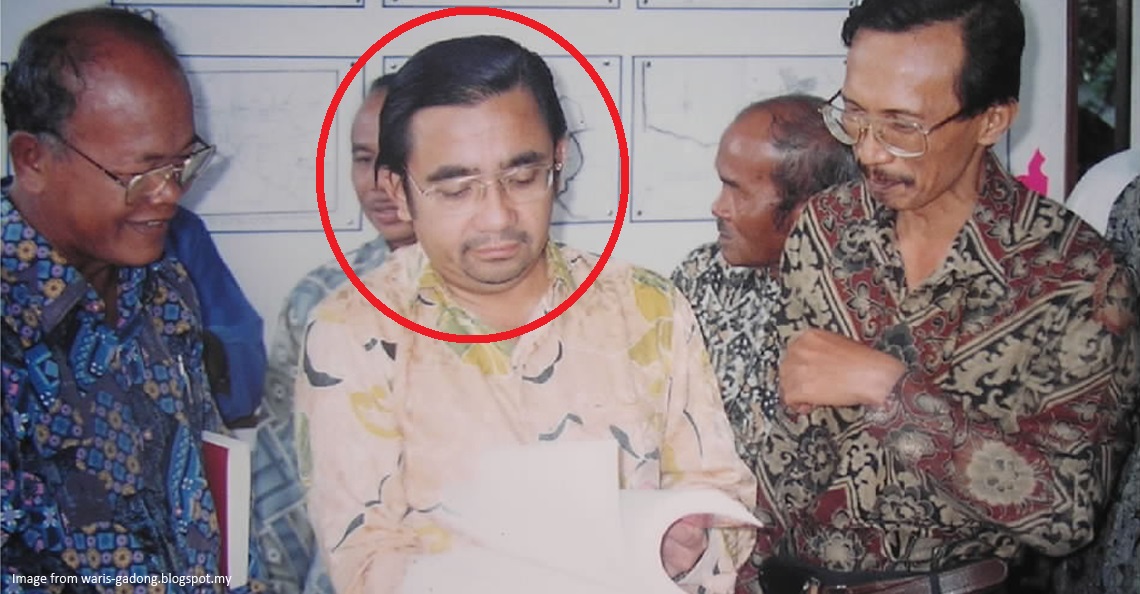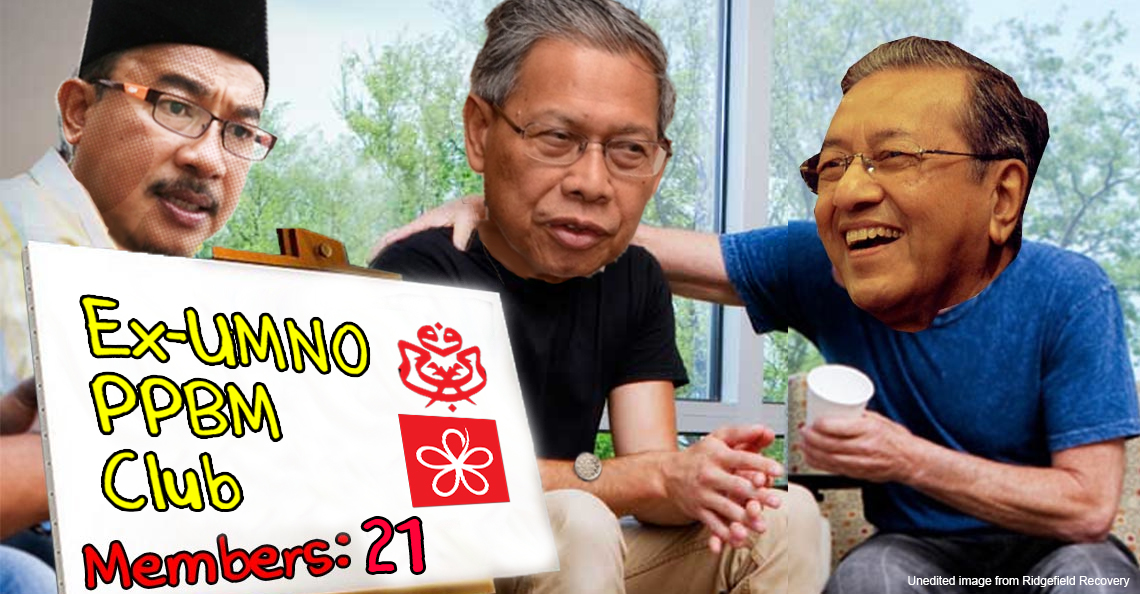UMNO needed money in the 1950’s, so they started their own… lottery.

- 25.0KShares
- Facebook23.8K
- Twitter71
- LinkedIn64
- Email80
- WhatsApp936
This article was originally published in January 2021
Gambling is perhaps one of mankind’s oldest methods of entertainment. The ancient Mesopotamians used to play dice games back in 3000 BC, while the earliest recorded lottery games can be traced back to China’s Han Dynasty.
Malaysia meanwhile also has a peculiar history with gambling and lottery. One notable incident happened in the 90s, when the Nipah virus outbreak required plenty of pigs to be culled and farmers to be compensated; to help fund that, the govt had set up a ‘special draw’ lottery for it.
But even before that, there had already been plenty of lotteries being held, with one of those lotteries having been run by the unlikeliest of people – UMNO. Before we get to that part, here’s a primer on why UMNO had to do so.
The young UMNO party needed funds, but had little in donations
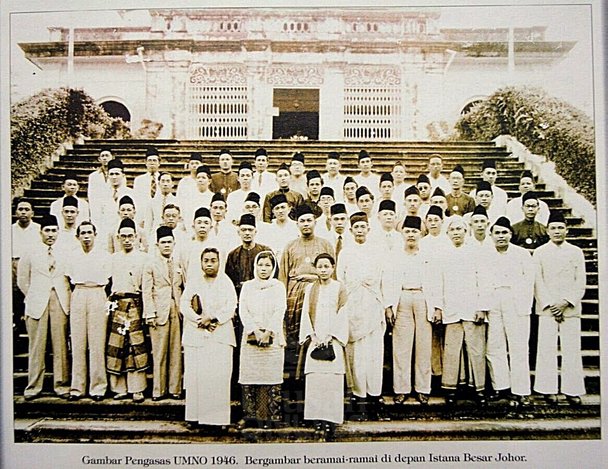
This article heavily refers to the paper ‘UMNO Malaya Lottery 1946-1969‘ by Abu Hanifah bin Jamil in the Journal of History Dept, University of Malaya.
The United Malays National Organisation (UMNO) was formed in May 1946, and as with many political parties around that time, the party operated using funds generated by donations from their supporters. Unfortunately for the fledging party, the donations collected didn’t exactly amount to billions – quite the contrary in fact.
Later on, a member of the Kesatuan Melayu Kedah would bring this up with UMNO’s higher ups, and suggested that running a lottery would help the party raise more funds. He wasn’t alone though. After his proposal, the Secretary General of the Perak Malay Alliance also called for UMNO to run a lottery, after their own attempt to do so was shut down by the Jabatan Agama Perak.
They argued that while there were some ulama (Muslim scholars) who forbade gambling and the lottery, the Malay community at the time were in dire economic conditions. As such, if UMNO were to run a lottery, it would be done with the intention that the funds collected would be used solely to help the welfare of the Malay community, especially those in need.
“We need funds to run UMNO smoothly. We have big plans for welfare work but UMNO has so far been handicapped by lack of funds. We cannot always depend on others to help us,” – Naim bin Sukram, UMNO Youth Member, in 1952, as quoted from The Straits Times
Now they weren’t the only political party in town considering running a lottery to help raise funds. The Malayan Chinese Association (MCA) had also began their own welfare lottery to garner funds in 1950 – and it was wildly successful.
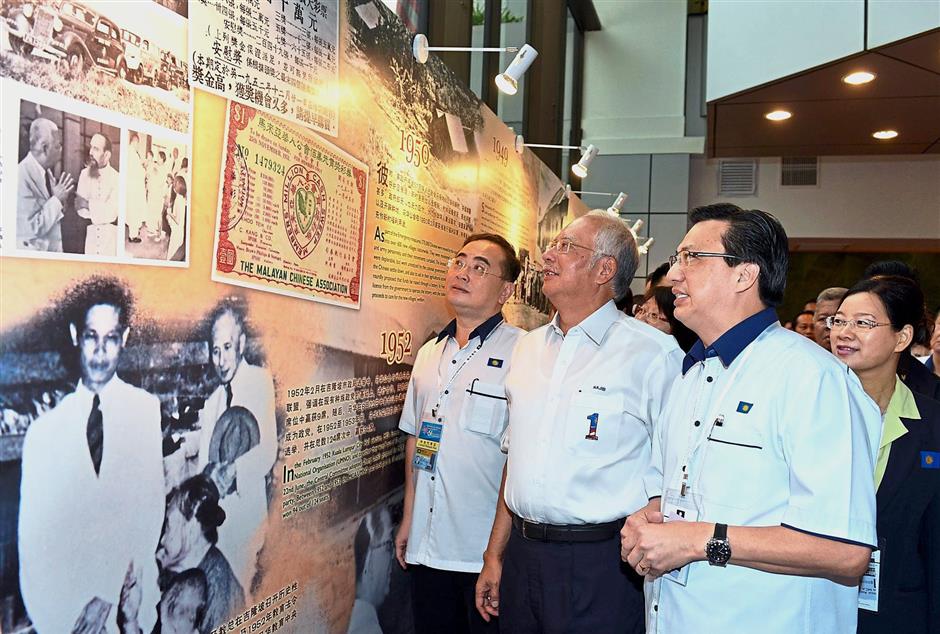
Their welfare lottery allowed the party to aid the Chinese locals resettle into the ‘New Villages’ by helping folks rebuild their houses and community. Over $16 million would be raised from MCA’s lottery, with $9.5 million being used as prize monies, while MCA used the rest for welfare. The British however forced an end to the MCA welfare lottery, claiming that ‘no political organisations in this country should be allowed to become too strong or too powerful financially’.
Nevertheless, the success of MCA’s welfare lottery would be enough to convince UMNO’s top brass that their own welfare lottery would have a good chance of succeeding (perhaps unlike winning the lottery itself).
And so…
The first UMNO welfare lottery would be drawn in June 1953
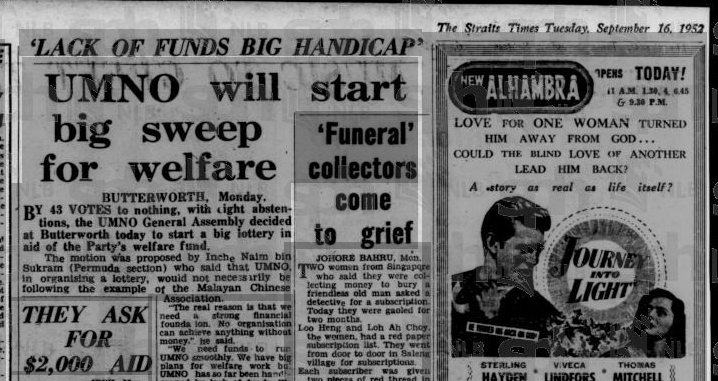
It soon became clear that many in UMNO wanted a welfare lottery. After a few years of UMNO divisions calling for it, at the 7th UMNO General Assembly, it was finally official: UMNO would run their own welfare lottery.
Originally, they had planned for the first lottery to be drawn on the 7th of June, 1953. But because it clashed with the month of Ramadan, it was later pushed back to the 19th of June. The idea was that the UMNO welfare lottery would be run roughly 4 times a year, with the first run having 200,100 lottery tickets printed in Penang. The lottery tickets were sold at $1 each, and the lottery agents selling them would get a 7% commission from the total they sold.
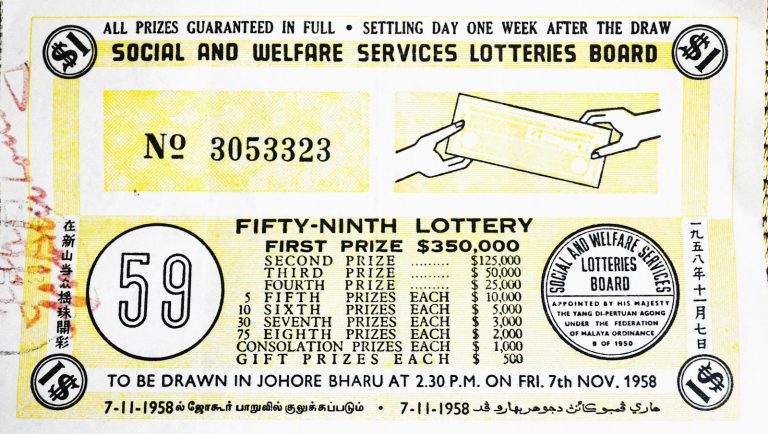
And the prize monies weren’t too shabby either. According to the journal we found, that first lottery’s prize pool was:
- First prize: $18, 340.66
- Second prize: $5,502.20
- Third prize: $1,834.06
- Fourth prize: $366.80 x two winners
- Fifth prize: $183.41 x six winners
As for the tickets that didn’t win, that was considered as a donation to the party for them to use for welfare purposes. And that’s apparently exactly what it was used for to, as funds from these lotteries would go on to help with various things from funding scholarships at the Malay College Kuala Kangsar to helping the tuberculosis fund at the Lady Templer Hospital in Kuala Lumpur.
Of course, it wasn’t all smooth sailing for UMNO’s welfare lottery. It was reported that there were quite a number people who lost their tickets. There’s even a teacher by the name of Cikgu Salleh who seemed to somehow lose 104 tickets during a bus ride in Malacca. There were even cases of lottery agents bending the rules somewhat in trying to sell more tickets.
“A Chinese shopkeeper named Cheok Lay Lock had been approached by an UMNO welfare lottery ticket agent… who offered him an UMNO membership and privileges if he bought a lottery ticket,” – Abu Hanifah bin Jamil, translated from UMNO Malaya Lottery 1946 – 1969
Missing tickets and shady lottery agents aside, there’s also perhaps the elephant in the room to address with UMNO’s welfare lottery: was it halal or haram? Well, one thing was for certain – the ulama faction within UMNO were not happy that they organised a lottery.
It would lead to the formation of PAS
As mentioned earlier, the very idea of an UMNO-run lottery was bound to hit a nerve with the religious academics in the country. A number of prominent religious scholars even got together in Kuala Kangsar to discuss the matter, but they would not reach a unanimous decision about it.
While some like the then-Terengganu Mufti Tuan Yusof al-Zawawi were of the opinion that it was halal, others such as the then-Penang Mufti Syeikh Abdullah Fahim were adamant that it was haram. Indeed, it was said that a majority of the religious scholars in the country felt that way too.
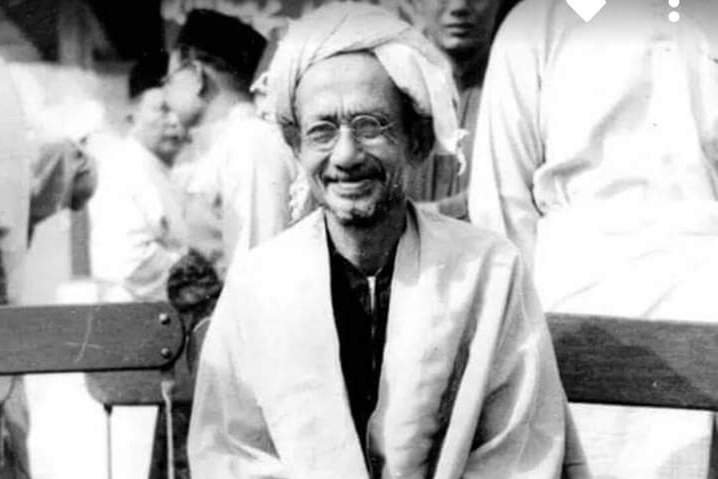
Even within UMNO itself, tension was brewing. Haji Ahmad Fuad Hassan, who was at that time the head of UMNO’s Religious Affairs Bureau, was already not a fan of Tunku Abdul Rahman’s love of cars, poker and racehorses. And now with UMNO organising a lottery, it was the straw that broke the camel’s back. He and several hundred other ulama would attend the 3rd Ulama Congress in 1951, and at that congress, a new party was formed: the Persatuan Islam Se-Malaya.
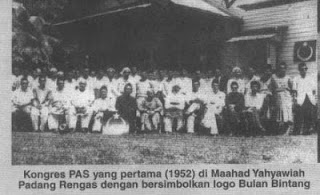
Despite the controversy, it met its aim of helping the people
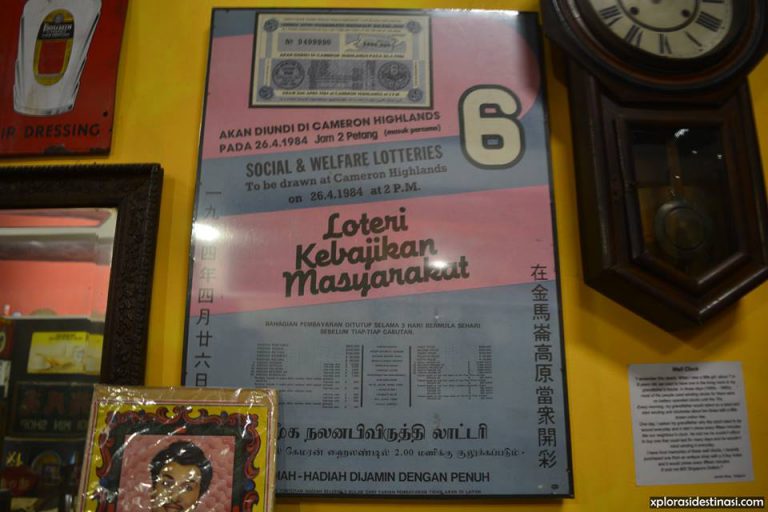
The welfare lottery would see itself continue for the better part of 30 years, before eventually being phased out by the late 1980s. And as far as we know, no political party in Malaysia has tried to run a lottery ever since (but do let us know if we missed out on any).
That being said, while definitely contentious, the lottery could be said to have achieved its goal – to improve the welfare of the people. Even at the very first one in 1953, the influx in funds helped with people’s education and healthcare. Don’t just take our word for it either:
“The money raised from the lottery helped fund social welfare for the Malay community, such as detainees, healthcare, education and so forth. As such, this financial aid at least did help lift the dire situation that plagued the Malay community during the mid-20th century,” – Abu Hanifah bin Jamil, translated from UMNO Malaya Lottery 1946 – 1969
- 25.0KShares
- Facebook23.8K
- Twitter71
- LinkedIn64
- Email80
- WhatsApp936

